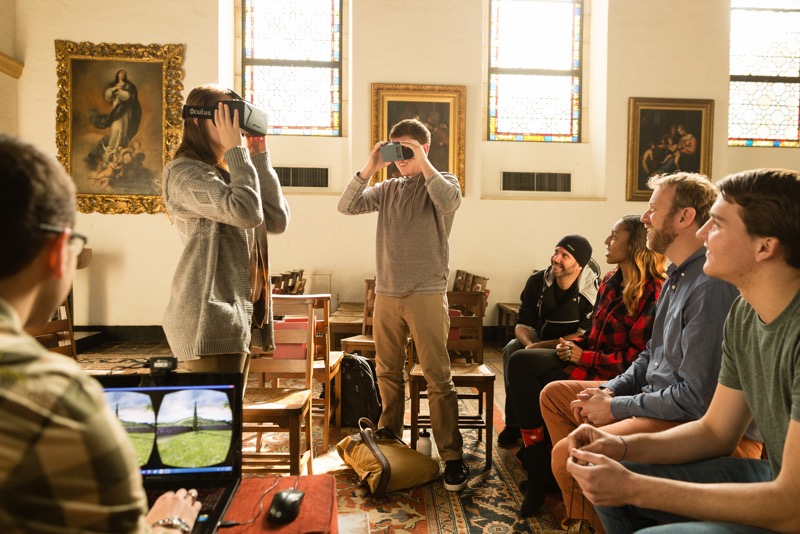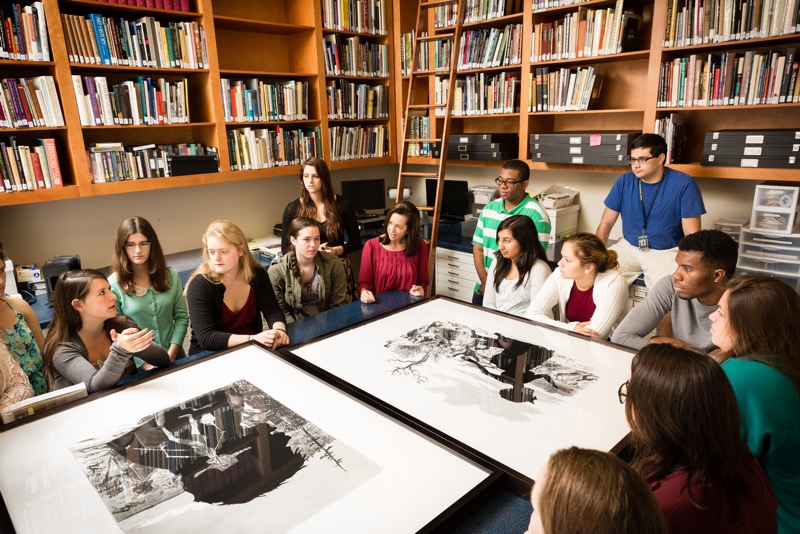What’s Your Major?
13 tips to pick your perfect major
(without driving yourself crazy)
Picture your college education as a delicious apple pie—or Key lime or cherry or whatever your fancy. Only about one-third of that pie is dedicated to your major. The second third consists of general education or core curriculum. Elective credits make up the final slice.
I’ve seen so many students get too stressed out when trying to pick a major, struggling to keep it all in perspective. After all, a major is just one line on your resume—and you are so much more than just one line.
That said, a major is required for graduation, and it’s also a significant piece of your college education. Here are some tips to make an informed, well-thought-out decision when the time comes.

By Amy ArmeniaAssociate Dean of Advising, Rollins College












